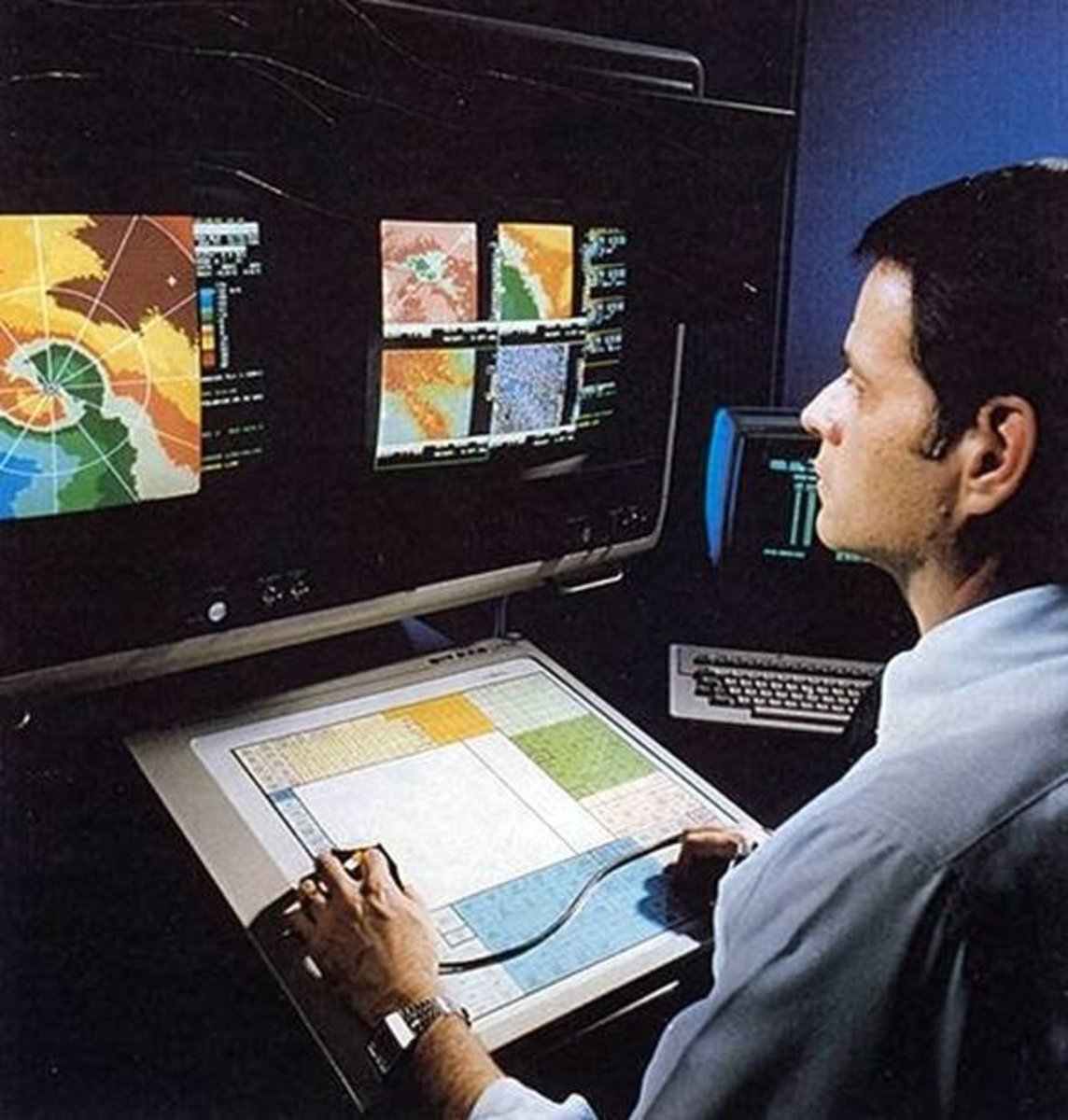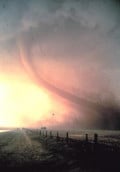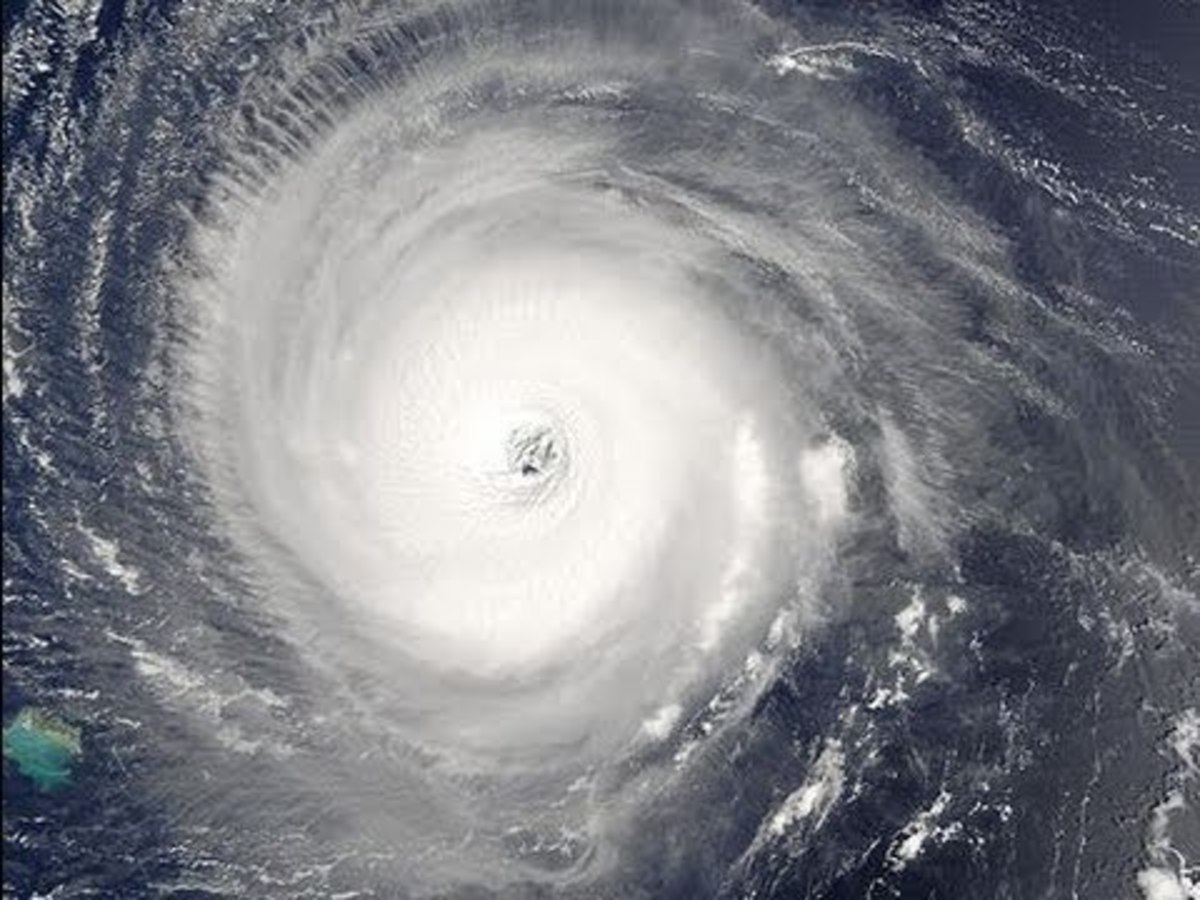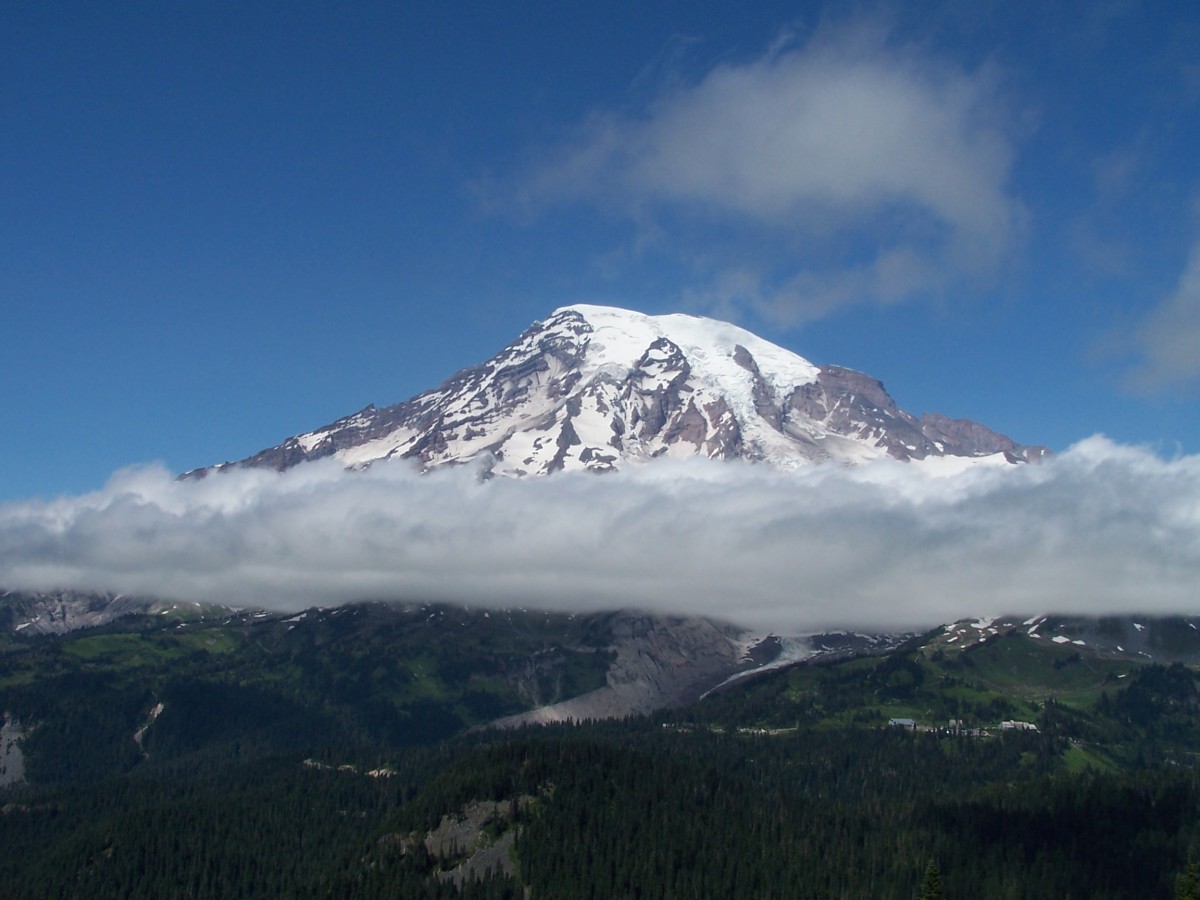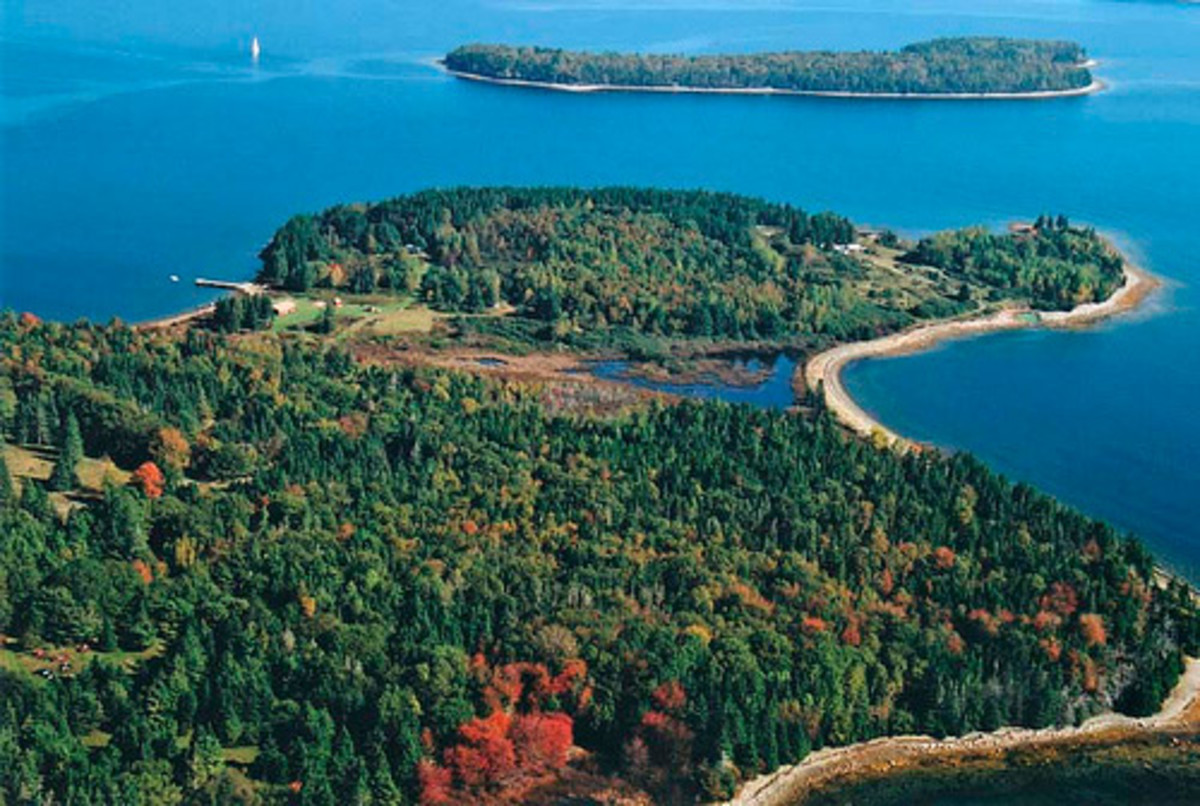Tips for Hurricane Preparedness
First Things First
Hurricanes don't always mean complete devastation. However, that being said it is always better to prepare for the worst and hope for the best. After all, wouldn't you want to have everything you need with you during the storm and not have to venture out for any reason?
A couple of days before the storm makes landfall you should have a good idea of the areas that will be impacted. That being said if where you live is in the impact area you need to make a decision on whether or not you want to leave or stay. If you leave you need to make sure that you bring certain things with you. If you make the decision to stay you need to make sure you are ready to weather the storm.
Hurricanes are measured by their wind strength. The stronger the winds the higher on the scale the hurricane will be ranked. Typically hurricanes start off as tropical depressions, or even tropical storms. A tropical depression is a cluster of storms with wind speeds under 45 mph. These storms are often unorganized. As the pressure around the storm drops it becomes more organized, typically gaining rotation. When it reaches wind speeds for 45 mph up to 74 mph it is labeled a tropical storm and receives a name. The name makes it easier to track the storm. Anything over 75 mph is hurricane strength. The stronger the hurricane the more damage it can do.
However, hurricanes are more than just wind. A lot of damage caused by hurricanes is from flooding. Hurricanes bring massive amounts of water. As an added bonus, if a hurricane makes landfall during high tide the flooding will be worse. Why? Because, the bodies of water are naturally at their highest level so when the storm brings in its surge and rain. High tide means the storm surge can go further inland than it could have at low tide. This often puts more people at risk for flooding. Some hurricanes can also spawn tornadoes, though these tornadoes are often not as strong as what you would find in a summer storm.
Hurricane Intensity
Category
| Wind Speed
| Pressure
| Expected Storm Surge
|
|---|---|---|---|
1
| 74-95 mph
| >28.94
| 4-5
|
2
| 96-110 mph
| 28.50-28.93
| 6-8
|
3
| 111-130 mph
| 27.91-28.49
| 9-12
|
4
| 131-155 mph
| 27.17-27.90
| 13-18
|
5
| >155 mph
| <27.18
| 18+
|
As you can see the stronger the hurricane the lower the pressure and the higher the expected storm surge. As with most things in America the pressure is measured in inches and the storm surge is measured in feet. It is important to note, however, tha
Should You Evacuate or Stay?
Anytime a hurricane gets close to making landfall people start talking about evacuations. Depending on where you live in location to where the eye will make landfall you might want to consider evacuating. If you live within a few miles of the coastline or are going to be in the direct path of the eye when it lands you are at the greatest risk for flooding, especially if your house is below sea level.
An evacuation is simply leaving your house and returning once the storm is over. It doesn't mean that you are giving up or abandoning everything you own. A lot of people won't leave because to them it is admitting defeat. But, isn't your life and the lives of you family more important?
If a mandatory evacuation is issued you should strongly consider evacuating. A mandatory evacuation means that local law enforcement feels that the area will not be safe. Think about it like this, if you decide to stay and your house starts to flood and you need help who are you going to call? Emergency response. And now they will have to decide if it is safe enough for them to try to save you, and of course there are limits even for emergency responders. If you do decide to stay make sure that you have all that you will need to outstay the storm.
Hurricane Damage
What Should you Take if you Evacuate?
If you are going to leave me sure you have everything you need to be away from home for several days. Several changes of clothes, hygiene products, and any medications you might need. It might be a good idea to take some cash out of the bank if you are able to. You will want a full gas tank, and make sure to fill up early and often before the storm hits. You are going to want some snacks and drinks for the ride, especially if you have children, because trust me you are going to run into traffic. A map of local roads is a great idea, that way you can try to avoid the major highways if they are too backed up. You will want to bring all of your important documents with you if you can. Make sure they are kept safe and won't be damaged on your trip.
One of the most important things to keep in mind is your destination. Are you staying with friends, family, a hotel? If you are going to be checking into a hotel try and make reservations as soon as you can to ensure that there is a room for you.
If you have pets I strongly encourage bringing them with you if you can. Not all hotels are pet friendly, but sometimes for events like hurricanes some hotels will change their policy. Some people choose to have their pet stay at home, or board them somewhere. But, this makes me nervous. Personally, I would prefer to have my pet stay with me. I would stay in my car if I had to to bring her with me.
I advise keeping a small bag in your car a few days before the storm that has some of the essentials incase you have to leave earlier than planed and don't have time to fully pack. I would also have your bags packed and ready to go, that way if you needed to you could leave at a moments notice.
Would evacuate for a hurricane?
Preparing the House
If doesn't matter if you are staying or evacuating you are going to need to make sure your house is ready for the storm. All windows should be boarded up, this means covering them with plywood. You are going to want to secure all of your outdoor furniture, or bring it inside if you can. If you are in an area expected to flood you should make sure that you have sandbags around your doors. I would also advise that you have everything picked up off the bottom floor, just in case of flooding. All important documents should be in water safe containers. It is also a good idea to unplug all electronic devices.
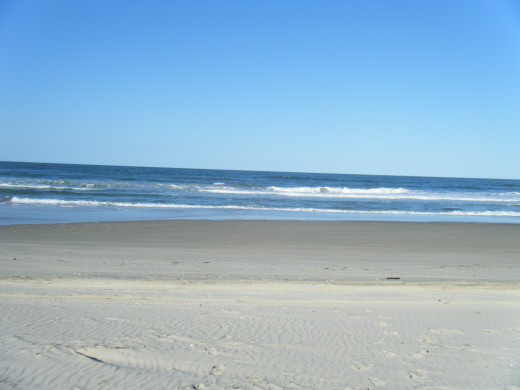
When the Storm Hits
The safest place to ride out the actual storm is in an interior room or a bathroom. As there is a good chance of losing the roof in a stronger hurricane it is a good idea to pull a mattress off of your bed and use it as a cover. I suggest having blankets and pillows with you while you hunker down under the mattress. Unlike with a tornado you don't necessarily want to be on the lowest level of your home, since flooding may be a significant concern. However, since you may lose your roof you don't necessarily want to be on the top floor either. If you have a middle floor, I would suggest using it as your safe place. That way you are above any possible flood waters, but still protected if the roof flies away.
Don't forget, hurricanes have an eye. During this time it may be calm and the storm may appear to be over. Do not be tempted to go out. If you have lost power you will have no idea how fast the eye is moving and could get stuck in the storm. If you absolutely need to make any adjustments to your home do so quickly.
Riding Out the Storm
So, for whatever reason you have decided to ride out the storm. Maybe its not supposed to be a strong hurricane, or you have family members that cannot travel easily, or maybe even a job that requires you to stay. No matter your reason if you are planning on riding out the storm make sure that you are fully prepared.
You are going to want yo fill up a clean bathtub with water. If you are able to fill more than one I would suggest doing so. Make sure that you have plenty of food on hand. If you have a gas stove you are in luck if you lose power. You will still be able to boil water and cook food. If you do not have a gas stove or if your gas has been cut off you will need to make sure that you will still have food. The hard thing is, you won't be able to cook and you will have no way to refrigerate anything if the power goes out. This means you will need ready to eat food, while not always healthy it will keep you alive. Peanut butter, bread, honey, bottled water, chips, fruits, cookies, granola bars, and pretzels are all examples of food that will not require cooking or refrigeration.
You should have plenty of batteries on hand. Flashlights and a good first aide kit are essential. If you require any medications make sure to have them filled before the storm hits. I'm sure this sounds silly but you will also want to make sure that you have plenty of toilet paper. How much would it suck if you ran and couldn't run to get more? That being said you will need enough supplies for at lest a couple of weeks. It is entirely possible that if the hurricane is strong enough for you to lose power for several weeks following the storm. If you have young children you will want to make sure they are kept entertained and know to stay away from the flood waters.
A NOAA weather radio is a great addition to any storm kit. Blankets and pillows are also good things to have on hand. Before the storm hits let your loved ones know that you have decided to stay and ride out the storm and give them a time frame of when you will contact them. If you can have a spare battery for your cell phone on hand.
Things to Remember
- Everyone will be trying to prepare at the same time. Try to get everything you need together as soon as possible so that you can avoid product sell out and long lines
- Have back up plans in place for your evacuation route. If everyone is heading North, try going West or South if possible. Remember, you don't want to be stuck in traffic when the storm hits.
- The first thing you will experience from the hurricane will be rain bands and surf. Don't be tricked into thinking this is the worst part of the storm.
- If you lose power you might not have clean water if you rely on a treatment plant to purify your drinking water. Having a supply of water on hand could help keep you healthy and alive.
- Don't light candles unless you are around to keep an eye on them. A fire is the last thing you want to deal with during a hurricane.
- Don't forget your pets! You will want extra food and water on hand for them if you are riding out the storm or traveling. Make sure you have their most up to date vaccine history and any medication they take. If might even be a good idea for some pets to be confined to a carrier, that way you know they are safe and in one spot.
This content is accurate and true to the best of the author’s knowledge and is not meant to substitute for formal and individualized advice from a qualified professional.
© 2014 Alexandria


